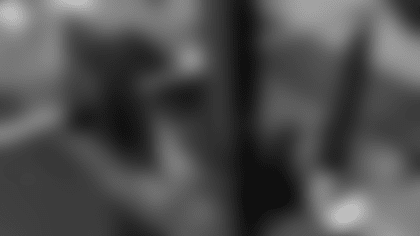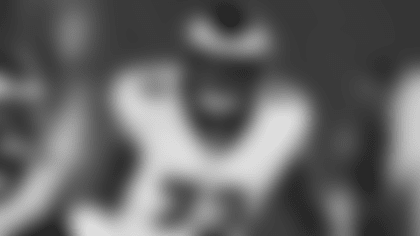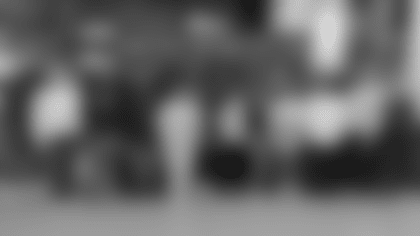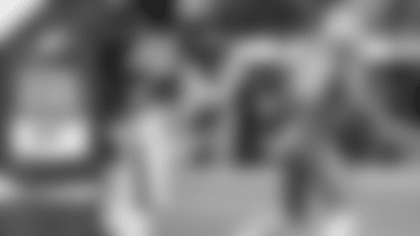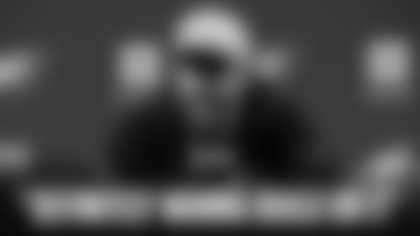Alumni Alley runs each Monday throughout the offseason on PhiladelphiaEagles.com and features a former Eagle who writes about his time in Philadelphia and his perspective after his NFL career ended. This week: former safety Wes Hopkins, who played for the Eagles from 1983-93. He is fifth on the team's all-time list with 30 career interceptions and was twice named an All-Pro player and once was named to the Pro Bowl. Hopkins was one of the best safeties of his time, and he talks about how he played the position and how it has changed since then.
Playing free safety was always pretty easy for me. I felt it was the easiest position to play on defense. There weren't many responsibilities when I played, and I felt the approach was either to get in on as many plays as I wanted, or I could sit back and watch the play develop and then react with some help. I wanted to be in on as many plays as possible.
When I first came into the NFL, teams ran the ball a lot. Being close to the line of scrimmage as quickly as I could made a big difference for our defense. I was like another linebacker, and along with strong safety Andre Waters, we were physical against the run and we helped stop backs from having big gains against us. That was the real challenge of the position in those days.
Now, I also played the pass, and I had my share of interceptions. If you play free safety, though, and if you sit back in coverage, you should come away with three or four interceptions every year because quarterbacks are going to make mistakes. You are going to have chances to get your hands on the ball in the passing game.
I think one thing fans need to understand is that safeties are not equipped – not then and not now – to cover wide receivers in a one-on-one battle. Most of the time a safety is covering a receiver is when the defense is blitzing, so the only chance a safety has in coverage is to make the right read on what kind of "check-off" route a receiver will run. Is it going to be an "out" route? Is the receiver going to run a "go" route? A slant? There isn't a lot of time to run a route, so it's going to be quick.
In general, though, a receiver is going to beat a safety in coverage. Safeties are not cornerbacks. Safeties do not practice one-on-one coverage against receivers all day and every day in practice. That is a matchup that favors the receiver, especially in today's NFL where the field is spread and there is a lot of space in matchups.
Today's game is different for many reasons, but I imagine that I would try to play the same game I played then. My big hits came against running backs. I was never much interested in hitting receivers that way. All they were doing was trying to catch the football. They weren't trying to avoid me with the ball in their hands. If I stopped them in coverage, the job was done right.
But when you are filling the hole and you look up and see O.J. Anderson or John Riggins or Herschel Walker coming at you, looking at you, wanting to run you over, and you stop him, that's when you need to make the tackle, the big hit. That was the challenge of playing free safety for me. I see safeties celebrating big hits against receivers now and I just don't get it. They're getting penalized and costing their teams, and all the receiver is trying to do is catch the ball. Stop him from catching the ball. That's all.
Our Eagles defenses were some of the best in the history of the NFL. We had chemistry and intelligence and we worked so well together. We spent so much time preparing for the games that when game day came, we were completely prepared. We had our coverage schemes down pat and we were all on the same page.
There were so many great moments and games during my years there. I remember playing at Tampa Bay in 1991 and having two sacks and an interception, a couple of fumble recoveries and something like 10 tackles, but we lost the game, 14-13, at the end. We had the game in Houston that fans call "The House of Pain" game and that was just a fantastic team effort. In 1990 we sent all of the Redskins quarterbacks to the sidelines and their punt returner (Brian Mitchell) had to play quarterback at the end of the game.
I loved playing in Philadelphia and I loved the Eagles. It was an honor playing for one of the best defenses in the NFL. *
*






